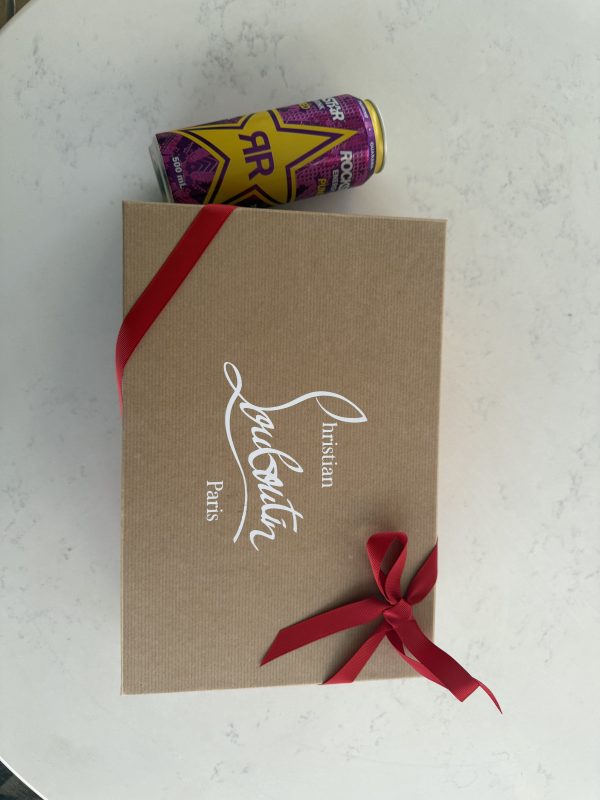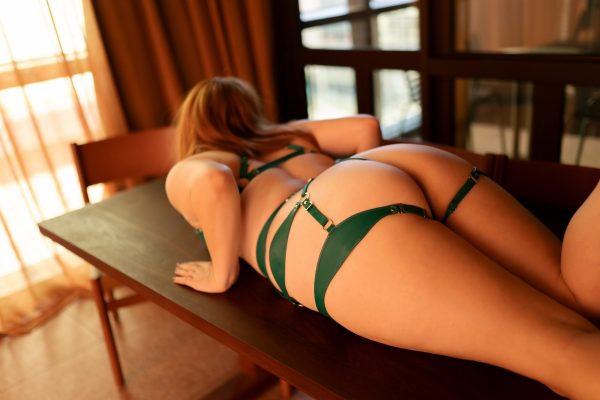I spent years cultivating interests that felt appropriately masculine. Single malt whiskeys I couldn’t really afford, sports teams I followed with intensity that now feels somewhat performative. These weren’t entirely fake, I genuinely enjoyed them. But underneath it all was this sense of ticking boxes on an invisible checklist of what a man was supposed to be interested in, supposed to care about, supposed to present to the world.
The strange thing about conditioned masculinity is that it doesn’t announce itself. You don’t wake up one morning and consciously decide to start performing. It happens gradually, shaped by the men around you, the media you consume, the reactions you receive when you behave in certain ways. You learn what gets approval, what earns respect and what makes other men nod in recognition. And then you become that, convinced it’s authentic.
For years, this felt entirely natural. I genuinely believed my interests represented something true about who I was as a man. It wasn’t until I started noticing different expressions of masculinity in certain men I encountered that I began to question whether there might be more to it than the version I’d constructed.
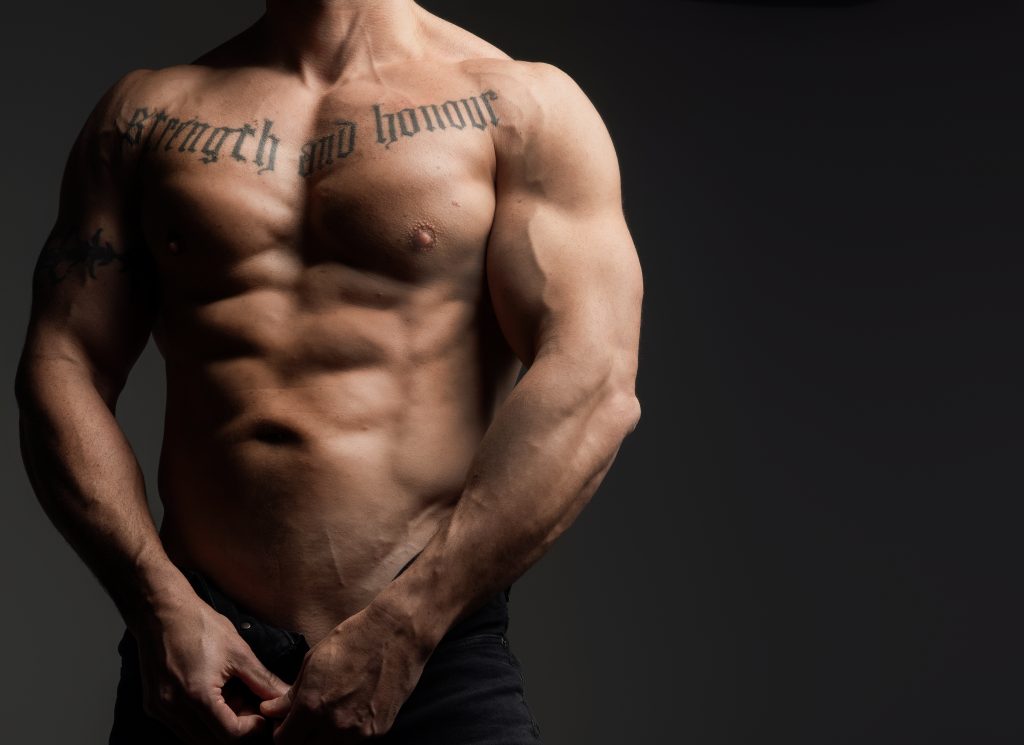
The men who showed up differently
What these men had in common wasn’t immediately obvious. They weren’t all built the same way, didn’t share the same interests and certainly didn’t fit a single masculine archetype. But there was something unmistakable about their presence.
They had an air of peace about them. A settledness. They seemed to have no need to prove anything to anyone, especially to other men. What struck me most was how comfortable they seemed being supportive rather than central, particularly when their partners or friends were receiving attention. There was no ego bruising, no subtle competition for the spotlight.
I remember one man in particular at an event years ago. His partner was putting on a sensual dance performance that had the entire room captivated. I watched him watching her. Rather than imposing himself on the situation, he was simply present, clearly delighted. He was entirely comfortable with his partner receiving this kind of attention from a crowd made up of mostly men. Based on my experience growing up, he had every reason to expect judgement, but he was completely unperturbed.
These men weren’t performing non-masculinity or deliberately subverting masculine norms. They were simply present, grounded and apparently free from the constant self-monitoring I was becoming aware of in myself. Their lack of performance made them seem more authentically themselves, which paradoxically felt more masculine than any amount of swagger.
What changed for me
As I’ve grown older, my relationship with masculinity has shifted considerably. The interests I once cultivated because they seemed appropriately masculine have either fallen away or found their natural place as genuine preferences rather than identity markers.
What I now associate with my own masculinity has far less to do with external displays and far more to do with internal states. I feel most masculine not when I’m being perceived as masculine by others, but when I’m showing up as myself without particular concern for how that’s being received. The less I think about whether I’m being masculine enough, the more grounded and present I feel in my own masculine energy.
I feel most masculine these days when I’m completely present in a moment, emotionally settled and free from the need for a particular outcome. When I can sit with Evie during a difficult conversation without needing to fix anything or prove anything. When I can hold space for someone’s emotions without making it about my own comfort. When I can set boundaries clearly without aggression or defensiveness.
The qualities I value now
The qualities I now recognise as masculine in myself and respect deeply in other men have very little to do with traditional markers of manhood.
I value the capacity to remain emotionally regulated even when situations become uncomfortable or uncertain. This isn’t about suppressing emotion or pretending everything is fine. It’s about having done enough internal work that you can encounter difficulty without your nervous system immediately going into threat response.
Strong boundaries represent another quality I’ve come to associate with healthy masculinity. Not the aggressive reactions that come from insecurity, but clear, calm boundaries that come from knowing yourself well enough to understand what serves you and what doesn’t. Being able to say no without elaborate justification. Being able to hold your ground without needing to dominate or prove anything.
Clear, open communication feels deeply masculine to me now in ways that stoic silence never did. Being able to articulate what you’re feeling, what you need and what you observe without making it confrontational. Being willing to be direct rather than expecting others to read your mind.
Vulnerability might be the most masculine quality of all, though it’s rarely framed that way. I mean genuine vulnerability, the willingness to be seen in your uncertainty, your not-knowing, your tender places. To admit when you’re struggling. To ask for support. To acknowledge when you’ve made a mistake. There’s tremendous strength required for this kind of openness.
What this means in practice
This evolution has had real implications for how I move through the world. In my relationship with Evie, it’s meant learning to be present without needing to fix or solve. When she’s processing difficult emotions, my instinct used to be to immediately offer solutions, partly because I genuinely wanted to help but also because her distress was uncomfortable for me. Learning to simply hold space has been transformative for both of us.
It’s changed how I relate to other men as well. I’m more willing to have genuine conversations rather than staying on the surface of safe topics. I’m more able to acknowledge when another man is struggling rather than pretending not to notice. I’m more comfortable expressing appreciation for other men without it feeling awkward.
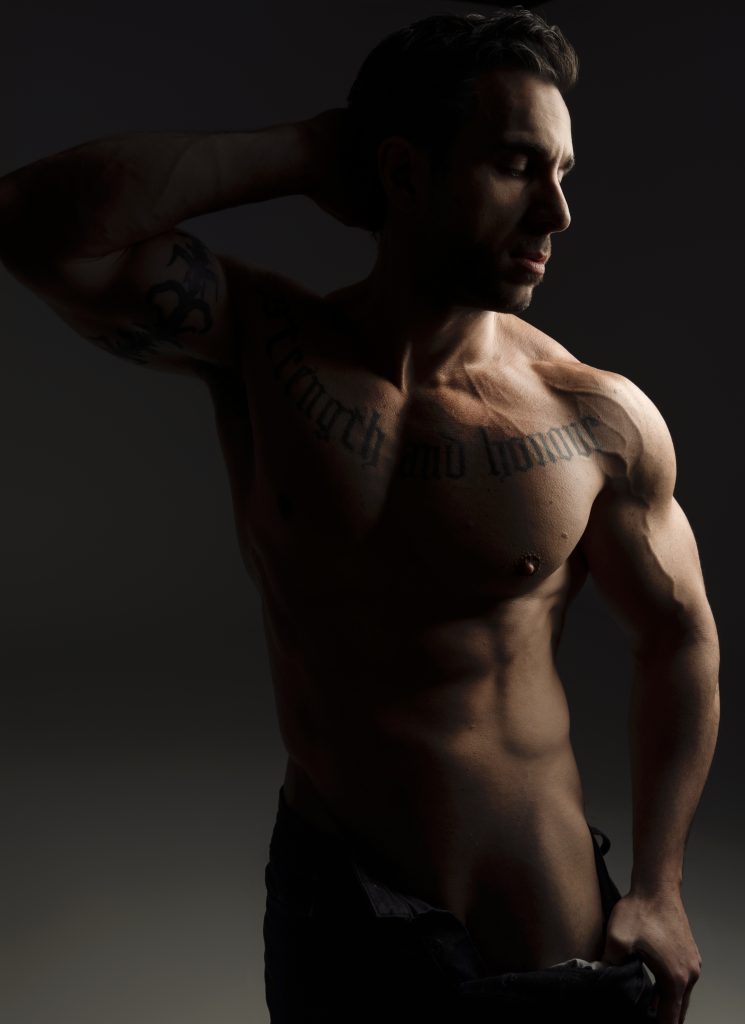
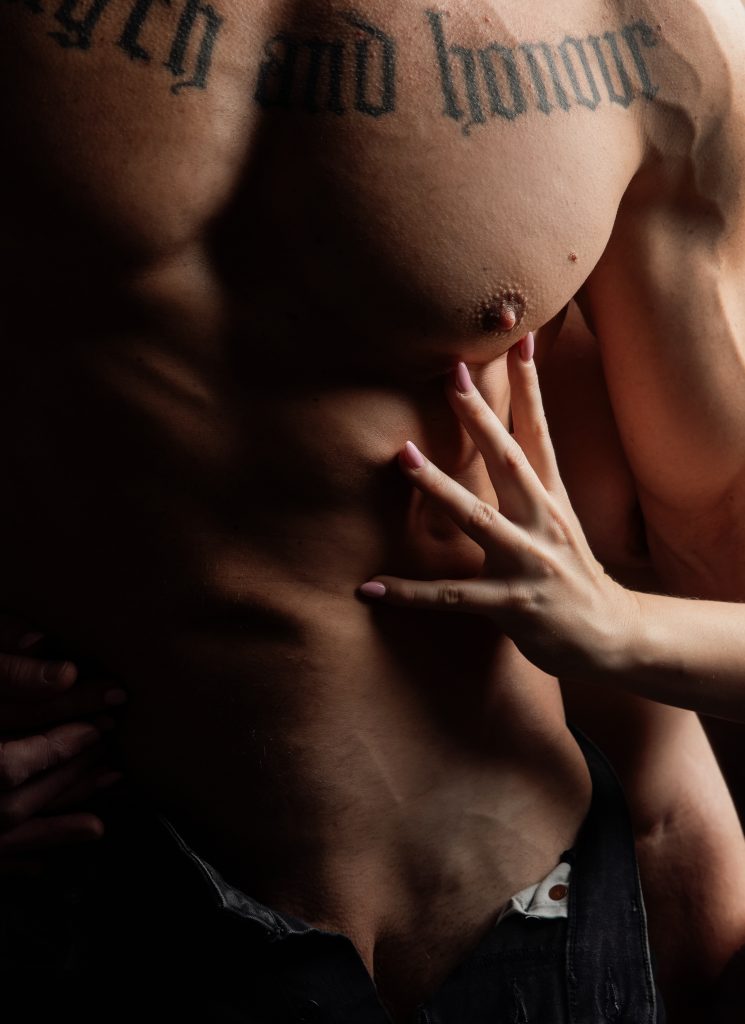
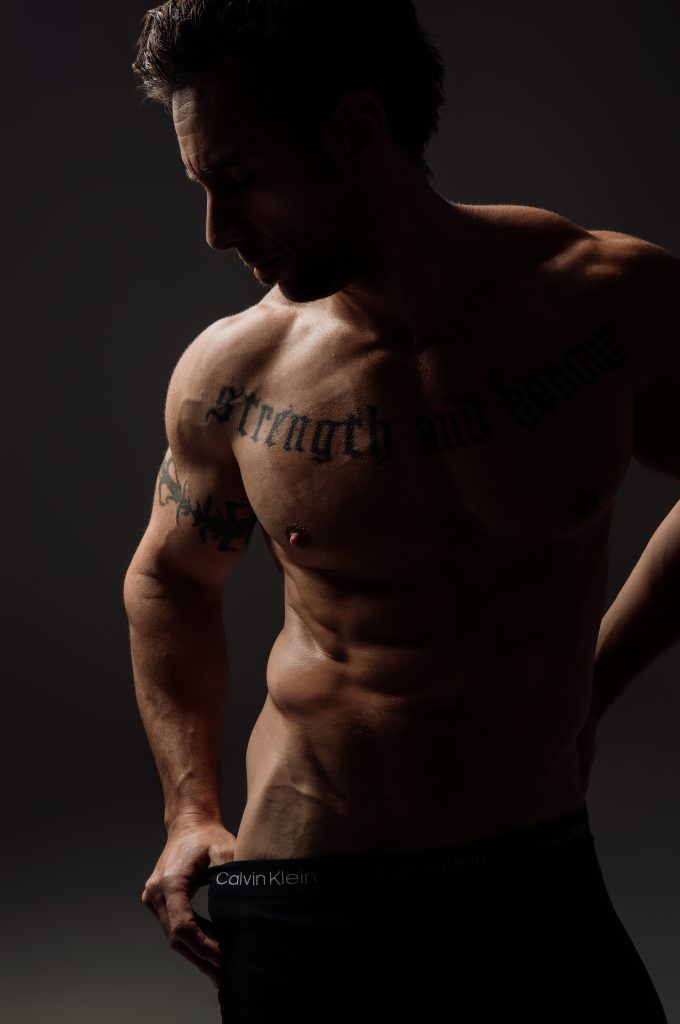
The ongoing journey
There are still moments when I catch myself slipping into old patterns. When I’m in groups of men I don’t know well, there’s sometimes a subtle pull to perform masculinity in more traditional ways, to signal that I’m one of them. I notice this happening and it reminds me how deep this conditioning runs.
But increasingly, I’m able to recognise these moments and choose differently. To show up as myself rather than as the version of masculinity I think will be most accepted.
If you’re reading this and recognising aspects of your own journey, I want you to know that wherever you are in this process is exactly where you need to be. There’s no ideal timeline for this exploration, no correct pace at which you should be shedding conditioning or discovering authenticity.
The journey toward more authentic masculinity isn’t about becoming someone else or achieving some ideal version of manhood. It’s about becoming more fully yourself, stripping away the layers of conditioning to discover what remains when you’re not performing for anyone.
This is where I’ve found that real masculinity lives. Not in external markers of manhood or curated interests, but in the quiet confidence of showing up as exactly who you are, with all your complexity, vulnerability and strength. In being grounded enough to let others shine. In having nothing to prove and nowhere to get to except more fully into yourself.
This is the masculinity I’m still discovering, still integrating and still learning to inhabit more completely. And I suspect I will be for the rest of my life, which somehow feels completely right.
Axel Meridius · Independent Male Escort

